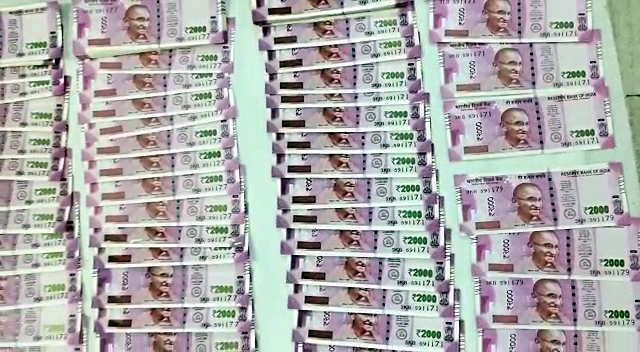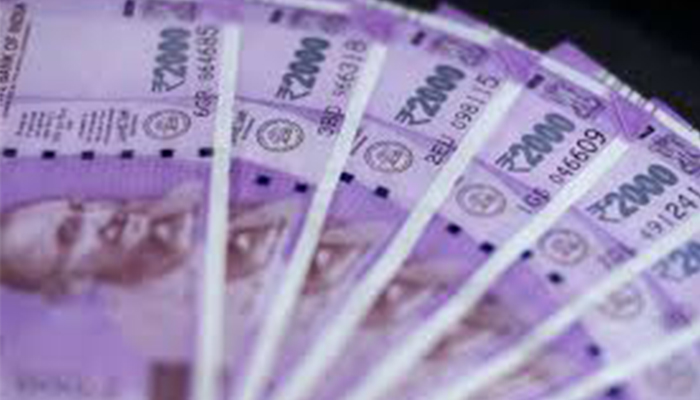

Muscat: Indian expats in the Sultanate of Oman were in for a surprise on Sunday when local exchange houses declined to accept the INR 2000 currency notes for exchange.
Few of the people took to social media to express their disappointment on being denied to exchange the currency notes.
“I had a few INR 2000 currency notes with me. With the latest instructions from the Reserve Bank of India (RBI) withdrawing the notes coming out on Friday, today was the first day for me to approach an exchange house to convert. To my shock, I was politely declined by the official there saying they were awaiting further instructions in this regard,” said D Manoj, an Indian resident of Oman.
Times of Oman contacted leading exchange houses and the officials on condition of anonymity admitted that they have for the moment stopped the exchange of INR 2000 currency notes.
“We are not going to deny exchanging the legal tender but at the moment we are awaiting further guidelines from the Central Bank of Oman and Indian government,” said a manager of a popular exchange house in Ruwi.
The sentiments were shared by two other officials of exchange houses, who said that “they would wait for further clarifications on how to go about it as the currency notes are being withdrawn.”
Times of Oman contacted the Indian Embassy in Oman and were awaiting their response at the time of writing.
It may be mentioned that the Reserve Bank of India on Friday announced that it would be withdrawing the INR 2000 currency notes from circulation, giving the general public till September 30 to deposit or exchange the currency. The denomination will continue to be a legal tender, the RBI said in a statement.
The RBI advised banks to stop issuing INR 2000 denomination banknotes with immediate effect, when it made the announcement.
India's largest denomination, the INR 2000 note, was first introduced in November 2016, after the Narendra Modi government had announced that they would be scrapping INR 500 and INR 1000 notes.
While the RBI did not specify a limit for depositing the INR 2,000 currency notes in bank accounts, exchange of a maximum of Rs 20,000 (10 notes of INR 2,000) for other currency notes will be allowed at a time. Even a non-account holder also can exchange INR 2,000 banknotes up to a limit of INR 20,000 at a time at any bank branch.
In terms of limitations, deposit into bank accounts can be made without restrictions subject to compliance with extant Know Your Customer (KYC) norms and other applicable statutory / regulatory requirements, the central bank of India said.
RBI also said that banks have been instructed to make arrangements to reduce inconvenience to the senior citizens, persons with disabilities, etc., seeking to exchange/deposit INR 2,000 banknotes.
As per the RBI, about 89 per cent of the INR 2,000 denomination banknotes were issued prior to March 2017 and are at the end of their estimated life span of 4-5 years. The total value of such banknotes in circulation has declined from INR 6.73 lakh crore at its peak as on March 31, 2018 (37.3 percent of notes in circulation) to INR 3.62 lakh crore constituting only 10.8 percent of notes in circulation as on March 31, 2023.